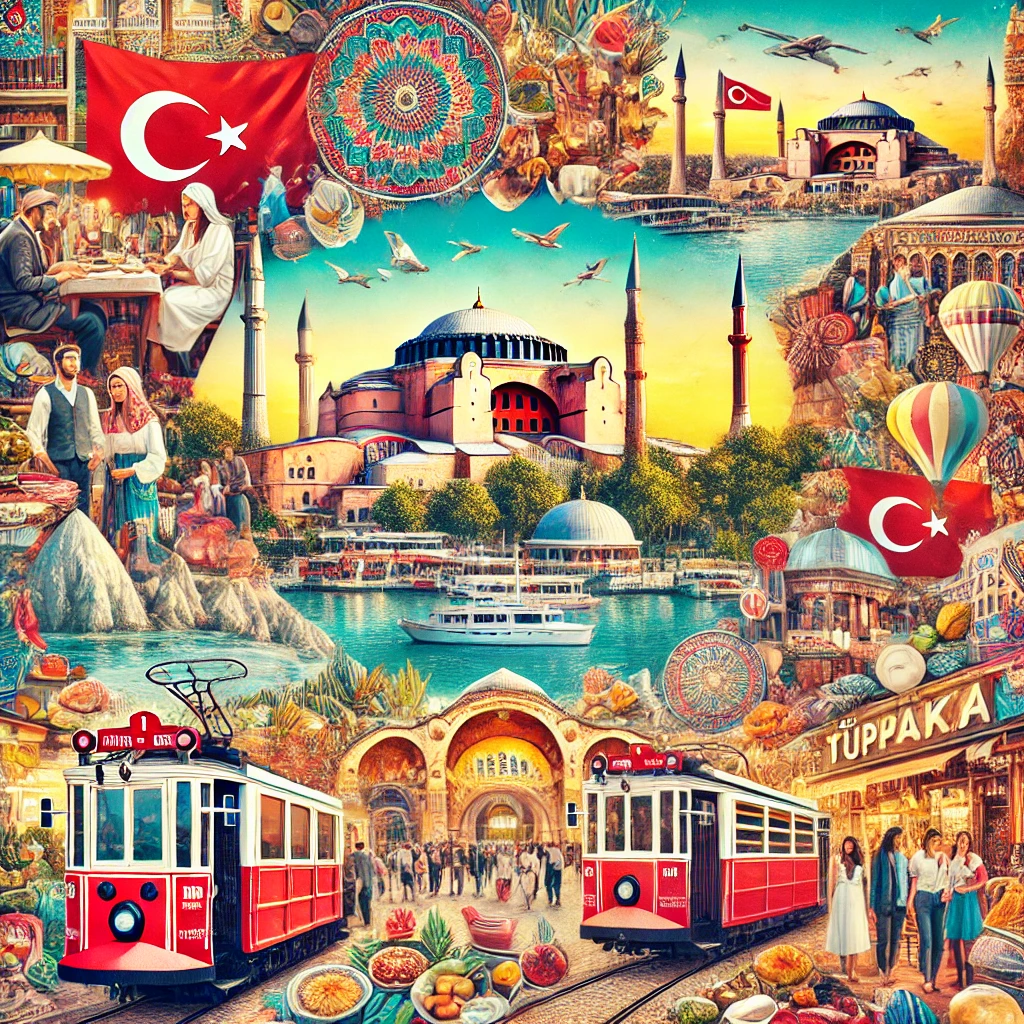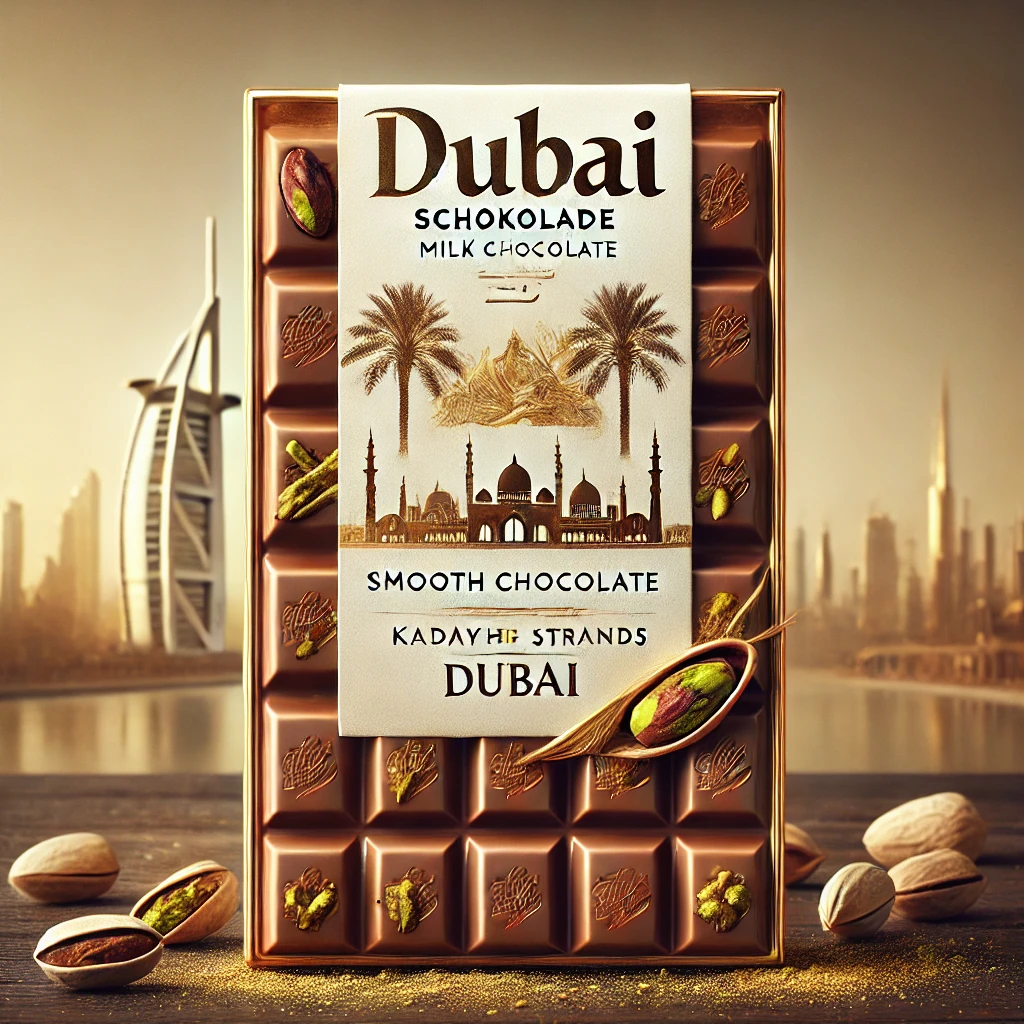Türkiye or Turkey: An In-Depth Exploration
Türkiye, commonly known as Turkey, is a country that straddles two continents, offering a unique blend of Eastern and Western cultures. This vibrant nation is renowned for its rich history, diverse landscapes, and warm hospitality. Whether you’re a history buff, a foodie, or an adventure seeker, Turkey has something to offer everyone. In this article, we’ll explore various aspects of Turkey, or Türkiye, to give you a comprehensive overview of what makes this country so special.
1. History of Türkiye: A Journey Through Time
Turkey is a treasure trove of historical sites that span thousands of years. The ancient city of Ephesus, with its grand amphitheater and the majestic Library of Celsus, offers a glimpse into Roman grandeur. The ruins of Troy, immortalized by Homer’s epics, take visitors back to the days of ancient myths and legends. The iconic Hagia Sophia in Istanbul, a masterpiece of Byzantine architecture, showcases the country’s rich religious history.
The Ancient Civilizations of Turkey
Turkey is a land steeped in history, with ancient civilizations leaving their mark throughout the ages. From the Hittites and Phrygians to the Greeks and Romans, each civilization has contributed to the rich tapestry of Turkish history. The ancient city of Troy, famous for the Trojan War, is one of the many historical sites that attract tourists from around the world.
The Byzantine and Ottoman Empires
The Byzantine Empire, with its capital in Constantinople (modern-day Istanbul), was a significant period in Turkey’s history. Following the Byzantines, the Ottoman Empire rose to power, leaving behind a legacy of magnificent architecture and cultural heritage. The Hagia Sophia, Topkapi Palace, and the Blue Mosque are just a few examples of the grandeur of the Ottoman era.
Modern Turkey: The Birth of a Republic
The Republic of Turkey was established in 1923 by Mustafa Kemal Atatürk, who introduced numerous reforms to modernize the country. His vision transformed Turkey into a secular, democratic nation, bridging the gap between East and West. Today, Turkey continues to evolve while preserving its rich cultural heritage.
The Warm Hospitality of Turkish People
Turkish hospitality is renowned worldwide. Visitors are often welcomed with open arms and a cup of Turkish tea. Whether you are staying in a luxurious hotel or a simple guesthouse, the warmth and friendliness of the Turkish people will make you feel at home. Experiencing a home-cooked meal with a local family or enjoying a lively conversation in a tea house are just a few ways to connect with the local culture.
The Architectural Marvels of Turkey
Turkey is home to some of the world’s most impressive architectural marvels. The Blue Mosque in Istanbul, with its stunning blue tiles and grand domes, is a sight to behold. The rock-cut churches of Cappadocia, carved into the soft volcanic rock, are a testament to the region’s early Christian heritage. The modernist architecture of Ankara, the capital city, showcases Turkey’s contemporary side.
2. Turkish Cuisine: A Culinary Delight
No visit to Turkey is complete without indulging in its culinary delights. Turkish cuisine is a harmonious blend of flavors, influenced by various cultures over the centuries. From the savory kebabs of Adana and the sweet delights of baklava to the refreshing taste of ayran, Turkish food is a feast for the senses. Don’t miss the chance to enjoy a traditional Turkish breakfast, complete with olives, cheese, fresh bread, and honey.
The Diverse Flavors of Turkish Food
Turkish cuisine is a delightful fusion of flavors, influenced by its diverse history and geography. From succulent kebabs and aromatic rice dishes to delectable desserts, Turkish food is a treat for the senses. Don’t miss out on trying traditional dishes like döner, börek, and baklava when you visit Turkey.
Street Food in Turkey
Turkey’s vibrant street food culture is an integral part of its culinary scene. Indulge in mouthwatering treats like simit (a sesame-covered bread), midye dolma (stuffed mussels), and kumpir (stuffed baked potato) as you explore the bustling streets of Istanbul and other cities.
Turkish Tea and Coffee Culture
No visit to Turkey is complete without experiencing its tea and coffee culture. Enjoy a cup of Turkish tea (çay) in a tulip-shaped glass or savor the rich flavors of Turkish coffee, served with a side of Turkish delight. These beverages are not just drinks; they are a way of life in Turkey.
3. Natural Wonders of Turkey
Turkey’s landscapes are as diverse as its culture. The surreal landscapes of Cappadocia, with its fairy chimneys and hot air balloon rides, offer an otherworldly experience. The Turquoise Coast, with its pristine beaches and crystal-clear waters, is perfect for sunbathing and water sports. The lush greenery of the Black Sea region, with its tea plantations and picturesque villages, provides a refreshing escape from the hustle and bustle of city life.
The Stunning Landscapes of Cappadocia
Cappadocia, with its surreal landscapes of fairy chimneys and cave dwellings, is a must-visit destination in Turkey. Take a hot air balloon ride at sunrise to witness the breathtaking views of this unique region, or explore the ancient underground cities that tell tales of early Christian communities.
The Turquoise Coast: Mediterranean Bliss
Turkey’s Turquoise Coast, along the Mediterranean Sea, is renowned for its crystal-clear waters and stunning beaches. The coastal towns of Antalya, Fethiye, and Bodrum offer a perfect blend of relaxation and adventure, with activities like sailing, diving, and exploring ancient ruins.
Pamukkale: The Cotton Castle
Pamukkale, meaning “Cotton Castle” in Turkish, is a natural wonder with its terraces of white mineral-rich thermal waters. This UNESCO World Heritage Site is a unique attraction where you can soak in the warm waters while enjoying the stunning views of the travertine terraces.
Wellness and Relaxation in Turkey
Turkey is also a destination for wellness and relaxation. The thermal waters of Pamukkale, known as the “Cotton Castle,” are believed to have healing properties. The traditional Turkish bath, or hamam, offers a unique and rejuvenating experience. Many resorts along the Aegean and Mediterranean coasts offer spa treatments and wellness programs.
4. Cultural Festivals in Turkey
Turkey’s vibrant culture is celebrated through numerous festivals and events throughout the year. The Whirling Dervishes Festival in Konya, held in December, is a mesmerizing display of spiritual dance. The International Istanbul Film Festival attracts cinephiles from around the world. The Camel Wrestling Festival in Selçuk, a unique and entertaining event, showcases a traditional sport that dates back centuries.
The Whirling Dervishes of Konya
The Mevlevi Sema Ceremony, also known as the Whirling Dervishes, is a mesmerizing spiritual dance performed by followers of the Sufi order. The city of Konya, the heartland of this tradition, hosts an annual festival in December to honor the teachings of Rumi, the famous Sufi poet.
The Istanbul Film Festival
The Istanbul Film Festival is Turkey’s oldest and most prestigious film festival, attracting filmmakers and cinema enthusiasts from around the world. Held annually in April, the festival showcases a diverse range of films, including Turkish cinema and international productions.
The Aspendos International Opera and Ballet Festival
Set in the ancient Roman theater of Aspendos, this festival is a celebration of opera and ballet. The stunning backdrop of the well-preserved theater adds to the magical experience of watching world-class performances under the stars.
5. Shopping in Turkey: A Paradise for Shoppers
Turkey is a shopper’s paradise. The Grand Bazaar in Istanbul, one of the largest and oldest covered markets in the world, offers a dizzying array of goods from spices and textiles to jewelry and ceramics. The markets of Izmir and Antalya are perfect for finding local handicrafts and souvenirs. Don’t forget to haggle – it’s part of the shopping experience in Turkey!
The Grand Bazaar in Istanbul
The Grand Bazaar in Istanbul is one of the largest and oldest covered markets in the world. With over 4,000 shops, it’s a treasure trove of jewelry, carpets, ceramics, spices, and souvenirs. Bargaining is a common practice here, so hone your skills and enjoy the vibrant atmosphere.
Turkish Carpets and Kilims
Turkey is famous for its handcrafted carpets and kilims, each telling a unique story through intricate patterns and colors. Visit the towns of Cappadocia, Konya, and Istanbul to find exquisite rugs that make for a perfect souvenir or home decor piece.
Spice Bazaar: A Feast for the Senses
The Spice Bazaar, also known as the Egyptian Bazaar, is a sensory delight with its colorful displays of spices, dried fruits, nuts, and sweets. Located in Istanbul, this historic market is a must-visit for anyone looking to experience the flavors of Turkey.
6. Adventure Activities in Turkey
For adventure seekers, Turkey offers a range of activities. Paragliding over the stunning Ölüdeniz Beach provides a bird’s-eye view of the turquoise waters. Hiking the Lycian Way, a long-distance trail along the Mediterranean coast, offers breathtaking views and historical ruins. Diving in the clear waters of Kaş reveals a vibrant underwater world teeming with marine life.
Paragliding in Oludeniz
Oludeniz, with its stunning Blue Lagoon and Babadag Mountain, is a world-renowned destination for paragliding. Soar high above the turquoise waters and enjoy panoramic views of the coastline, creating memories that will last a lifetime.
Hot Air Ballooning in Cappadocia
Cappadocia offers one of the best hot air ballooning experiences in the world. Drift over the fairy chimneys and valleys, and witness the surreal landscapes from a bird’s eye view. The sight of dozens of colorful balloons floating in the sky is truly magical.
Trekking the Lycian Way
The Lycian Way is a long-distance hiking trail that stretches along the southwestern coast of Turkey. This 540-kilometer trail takes you through ancient ruins, picturesque villages, and breathtaking coastal scenery. It’s a paradise for trekking enthusiasts.
7. Modern Cities of Turkey
Istanbul: A City of Contrasts
Istanbul, the largest city in Turkey, is a vibrant metropolis that bridges Europe and Asia. Explore the historical sites of Sultanahmet, shop in the modern districts of Nişantaşı and Karaköy, and enjoy the bustling nightlife in Beyoğlu. Istanbul’s unique blend of old and new makes it a must-visit destination.
Ankara: The Capital of Turkey
Ankara, the capital city of Turkey, is known for its modern architecture, museums, and vibrant arts scene. Visit the Atatürk Mausoleum, the Museum of Anatolian Civilizations, and the bustling Kızılay Square to get a taste of the city’s rich cultural heritage.
Izmir: The Pearl of the Aegean
Izmir, located on the Aegean coast, is a city known for its relaxed vibe, beautiful waterfront, and vibrant bazaars. Explore the ancient ruins of Ephesus, stroll along the Kordon promenade, and enjoy the lively atmosphere of Alsancak.
8. Turkish Hospitality: A Warm Welcome
Turkish hospitality is renowned worldwide. Visitors are often welcomed with open arms and a cup of Turkish tea. Whether you are staying in a luxurious hotel or a simple guesthouse, the warmth and friendliness of the Turkish people will make you feel at home. Experiencing a home-cooked meal with a local family or enjoying a lively conversation in a tea house are just a few ways to connect with the local culture.
The Tradition of Tea and Hospitality
Turkish hospitality is legendary, and you’ll often be offered a cup of tea (çay) as a gesture of welcome. Accepting this offer is a sign of respect and appreciation. Engage in friendly conversations with locals and experience the warmth and generosity that Turkey is known for.
Staying in a Turkish Home
Consider staying in a local guesthouse or a homestay to experience Turkish hospitality firsthand. You’ll have the opportunity to learn about the culture, enjoy home-cooked meals, and make lifelong friends. Turkish people take pride in making their guests feel at home.
Exploring Turkish Culture
Turkey’s cultural heritage is rich and diverse. The art of Turkish calligraphy, the vibrant performances of traditional folk dances, and the intricate designs of Turkish carpets all reflect the country’s deep-rooted traditions. Visiting museums such as the Topkapi Palace Museum in Istanbul and the Museum of Anatolian Civilizations in Ankara provides insight into Turkey’s fascinating history and culture.
9. Practical Tips for Traveling in Turkey
Language and Communication
While Turkish is the official language, English is widely spoken in tourist areas. Learning a few basic Turkish phrases can go a long way in enhancing your travel experience and connecting with locals. Carry a phrasebook or use a translation app to help with communication.
Currency and Payment
The currency in Turkey is the Turkish Lira (TRY). Credit cards are widely accepted in hotels, restaurants, and shops, but it’s always a good idea to carry some cash for smaller establishments and markets. ATMs are readily available in cities and towns.
Safety and Health
Turkey is generally a safe country for travelers, but it’s always wise to take common-sense precautions. Stay hydrated, protect yourself from the sun, and be mindful of your belongings in crowded areas. Travel insurance is recommended for any unforeseen circumstances.
Conclusion
Turkey, or Türkiye, is a country that offers a rich tapestry of experiences, from its historical landmarks and natural wonders to its vibrant culture and warm hospitality. Whether you’re exploring ancient ruins, indulging in delicious cuisine, or embarking on an adventure, Turkey promises a journey of discovery and unforgettable memories. So, pack your bags and get ready to experience the magic of Turkey.
Latest Update: Jul 14, 2024
Your Content Goes Here
A brief summary of the key points in this article.




